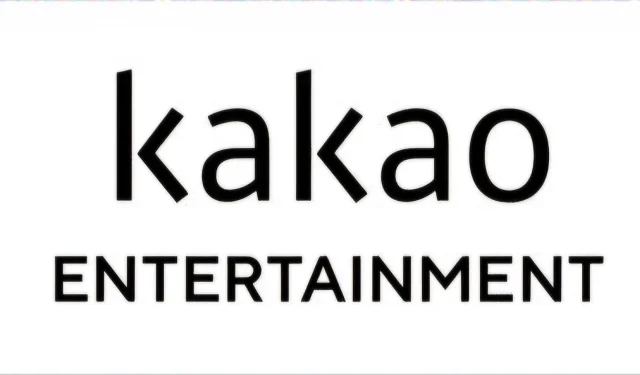Kakao Entertainment Faces Sanctions for Deceptive Marketing Practices
Kakao Entertainment, the leading music and album distributor in South Korea, has recently come under scrutiny for engaging in deceptive marketing tactics. According to a report from Newsoo Plus, the Fair Trade Commission (FTC) has found that the company manipulated consumer trust by exploiting social networking services (SNS) and various online communities to promote its music and albums without disclosing its involvement.
The FTC’s ruling marks a significant milestone, as it is the first instance of the commission penalizing deceptive advertising practices within the popular music sector. As a result of these findings, Kakao Entertainment has been issued a corrective order and fined 390 million won.
Systematic Manipulation and Lack of Disclosure
Kakao Entertainment’s tactics involved systematically manipulating online platforms to promote music distribution channels. The company’s strategy included disguising promotional content as organic fan activity, thereby obscuring its economic interests from consumers. The FTC’s investigation uncovered that the company actively operated popular channels on platforms like Facebook, YouTube, Instagram, and TikTok, promoting music and albums without revealing its ownership.
From October 2016 to February 2023, Kakao Entertainment either created or acquired 15 SNS channels dedicated to music promotion, according to Newsoo Plus. Collectively, these channels produced 2,353 promotional posts, including well-known channels like ‘Idol Research Center’ and ‘Are You Listening to the Song?’ These channels boasted a total of approximately 4.11 million followers.
Manufactured Fan Engagement and Impact on Consumer Trust
The promotional posts were crafted to appear as if they originated from genuine fan opinions, leading the FTC to categorize this as a deceptive practice. Such actions were deemed detrimental, undermining consumer trust within an industry where word-of-mouth and fan engagement are paramount. This widespread manipulation is viewed as a severe infringement on market integrity.
Moreover, the deceptive practices were not confined to SNS. From May 2021 to December 2023, similar activities were noted in major online communities. Employees of Kakao Entertainment infiltrated platforms like Deokgu, Ppomppu, MLB Park, and Instiz, posting a total of 37 music promotions while disguising their affiliations. This was seen as a violation of consumers’ rights to make informed decisions regarding their music choices.
Financial Connections and Viral Marketing Tactics
The FTC’s findings extended to Kakao Entertainment’s collaborations with advertising agencies, which occurred without sufficient consumer disclosure. The company reportedly paid around 860 million won to various agencies for viral marketing campaigns across SNS. These initiatives resulted in the creation of 427 posts that masked commercial intent as authentic consumer feedback.
“Providing false information to consumers while hiding economic interests is an unacceptable crime.”
The FTC emphasized that the company’s manipulative tactics constituted more than a mere public relations issue; rather, they represented a fraudulent breach of trust expected from a leading entity in the music market.
Industry Repercussions and Calls for Accountability
The ripple effects of this incident threaten Kakao Entertainment’s brand image severely. Experts, as reported by Newsoo Plus, have expressed concerns about the long-term implications for the company and the broader music industry.
“This incident has significantly damaged trust in the music industry and will irreparably harm Kakao Entertainment’s brand image. Strong sanctions are necessary to ensure fairness in the popular music market.”
As public awareness of these deceptive practices grows, consumer backlash is intensifying. Call for accountability has risen, with demands for Kakao Entertainment to take responsibility, remove harmful posts, and provide complete transparency regarding its marketing practices. Experts suggest that recovering from this situation may prove challenging for the company; failure to adhere to the FTC’s corrective recommendations could further escalate public discontent.


